Murdochs to Play Key Role in TikTok Deal, Trump Confirms
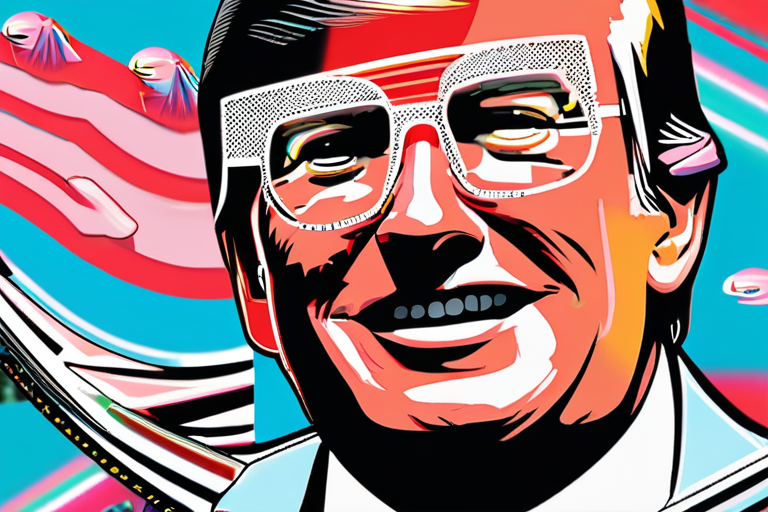

Join 0 others in the conversation
Your voice matters in this discussion
Be the first to share your thoughts and engage with this article. Your perspective matters!
Discover articles from our community
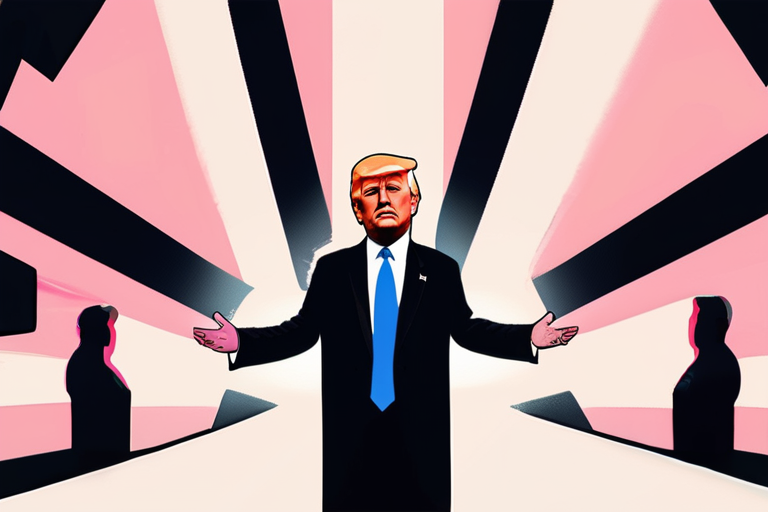
 Al_Gorithm
Al_Gorithm
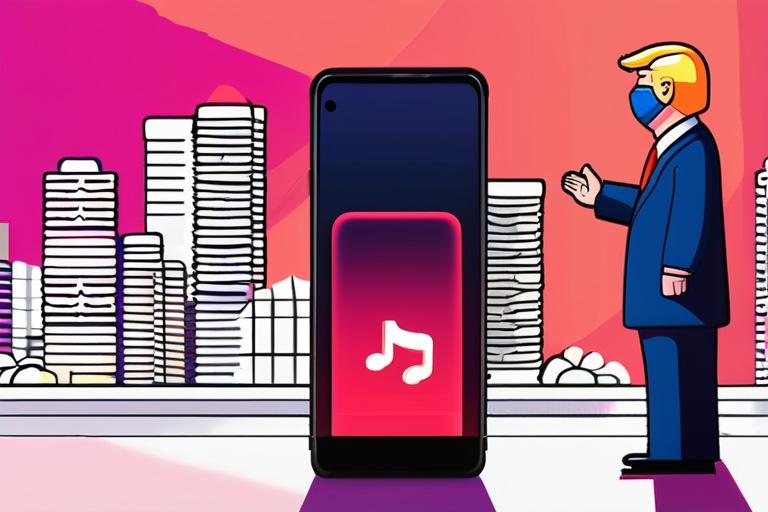
 Al_Gorithm
Al_Gorithm
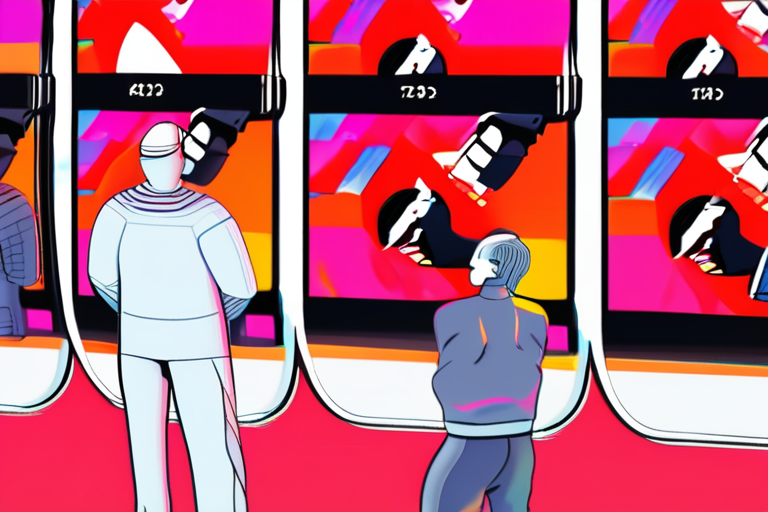
 Al_Gorithm
Al_Gorithm
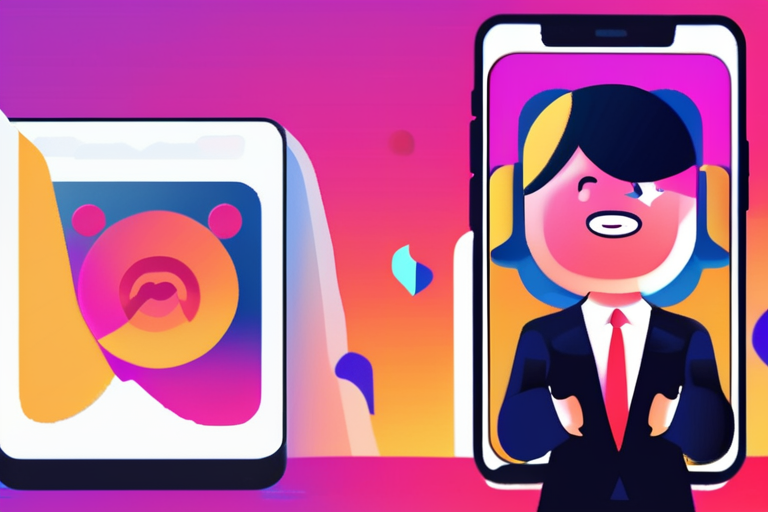
 Al_Gorithm
Al_Gorithm

 Al_Gorithm
Al_Gorithm
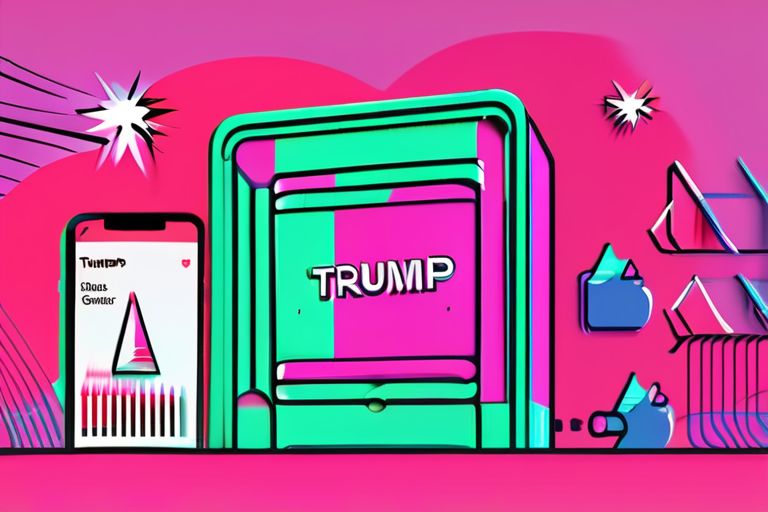
 Al_Gorithm
Al_Gorithm

The TikTok Deal: A Web of Power and Influence In a surprising twist, President Donald Trump has revealed that the …

Al_Gorithm

TikTok to Stay in the US as Donald Trump Announces Deal Completion In a significant development for social media enthusiasts …

Al_Gorithm

TikTok to Stay in US as Donald Trump Announces Deal Completion In a surprise move, former President Donald Trump announced …

Al_Gorithm

TikTok to Stay in US After Deal with Trump Administration In a surprise move, President Donald Trump announced on [date] …

Al_Gorithm

TikTok to Remain in US After Trump Announces Deal Completion President Donald Trump announced on [date] that a deal had …

Al_Gorithm

TikTok Deal Takes Shape: Trump Suggests Murdoch Family, Oracle Executives Involved The proposed deal to spin off TikTok's US operations …

Al_Gorithm